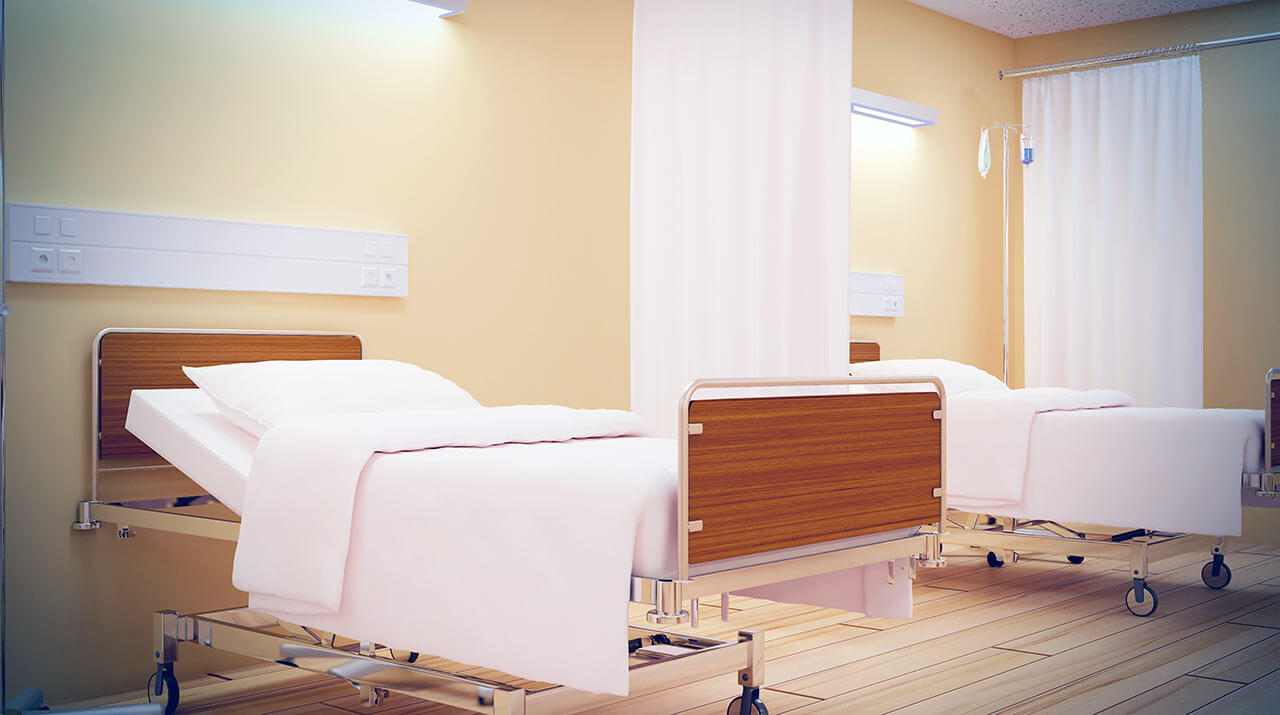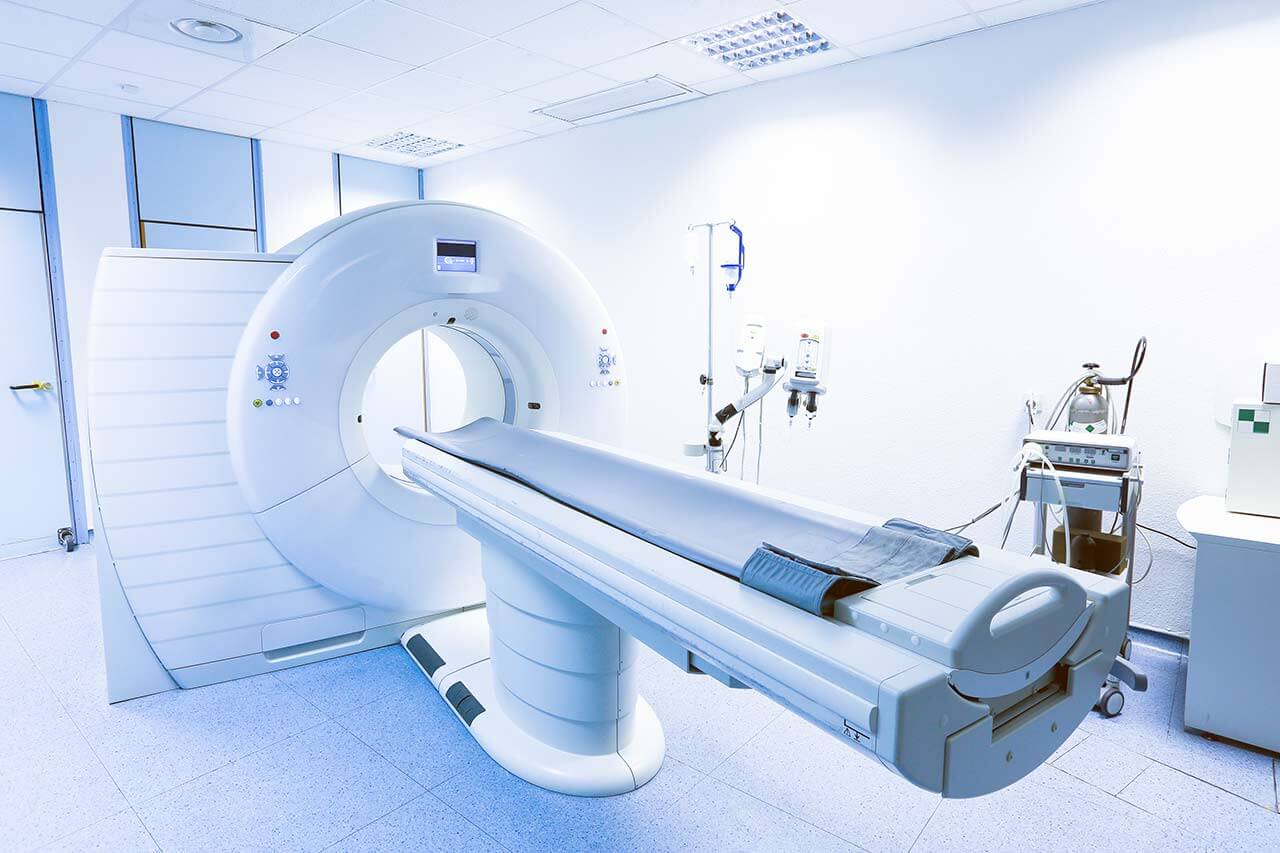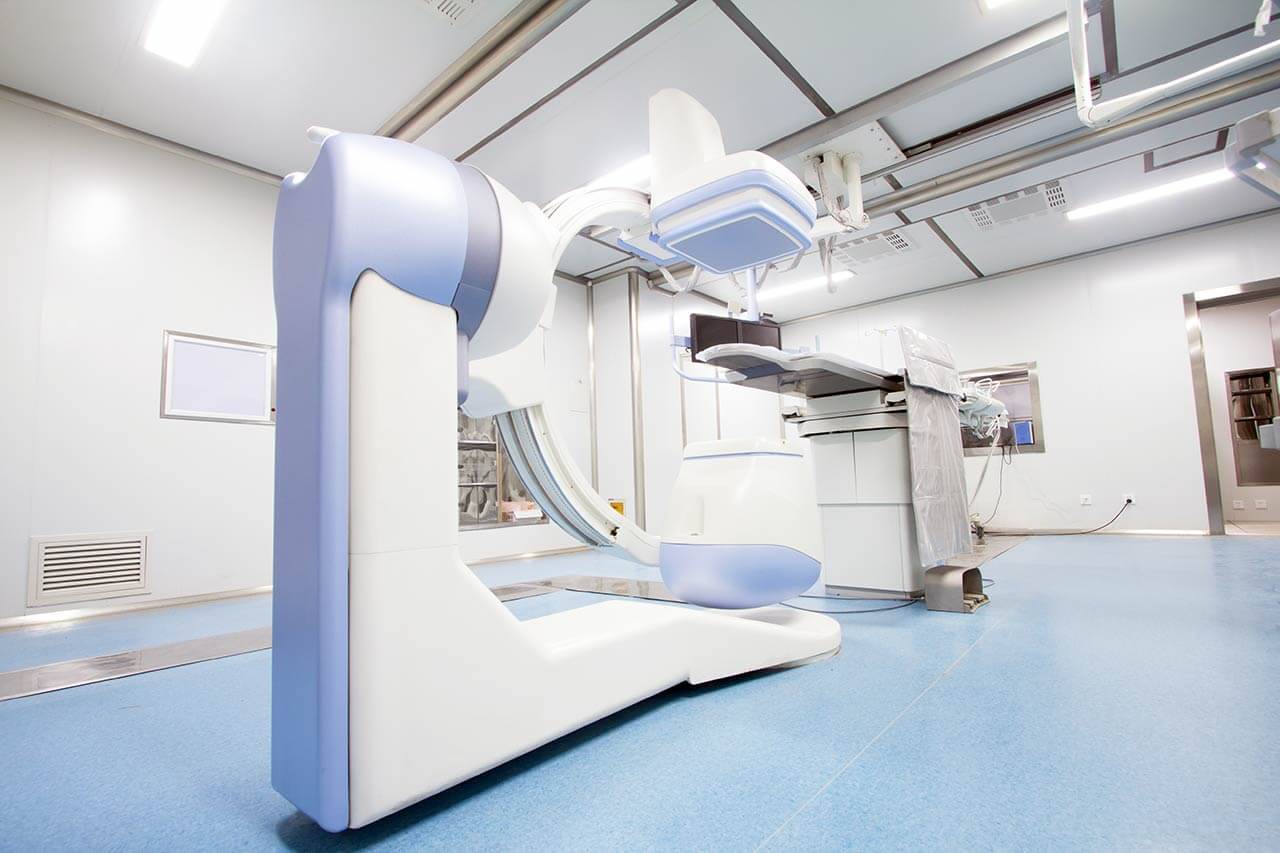
About the Department of Pediatric Surgery at University Hospital Greifswald
The Department of Pediatric Surgery at the University Hospital Greifswald performs the full range of modern surgical interventions for diseases of the abdominal cavity, thorax, and urinary system, as well as operations for oncological diseases and traumatic injuries. The health of young children, adolescents, newborns, and premature babies is in the safe hands of a highly qualified team of surgeons with long practical experience, based on an individual approach to each clinical case. Surgical treatment is performed in a state-of-the-art operating room with an HD imaging system, equipment for minimally invasive and endoscopic interventions, as well as laser procedures. Such a technical base allows performing interventions with minimal trauma to the child's healthy tissues, thereby providing an optimal result. With appropriate clinical indications, the department's surgeons always prefer low-traumatic interventions characterized by minimal pain, a short hospital stay, and the absence of scars. These surgical procedures also practically exclude postoperative complications. The department's specialists get along well with children and know how to establish trusting relationships with them, which also contributes to a successful therapeutic process. The department is headed by Prof. Dr. med. Vera Schellerer.
The department's doctors have long experience in providing medical care for children with cancer. Pediatric surgeons most often encounter malignant neoplasms, such as neuroblastoma, nephroblastoma, hepatoblastoma, and rhabdomyosarcoma. Timely access to qualified medical care plays an important role in the successful treatment of cancer and significantly increases the chances for the full recovery of the child. The therapeutic process begins with comprehensive diagnostics. An integral part of the diagnostics are laboratory tests. Further, depending on the type of tumor, ultrasound, computed tomography, and/or magnetic resonance imaging, as well as X-ray scans, are made. The final stage of diagnostics is usually a biopsy followed by a histological examination. With all the diagnostic data available, the department's pediatric surgeons, together with oncologists and other specialists, proceed to therapeutic measures. A standard treatment regimen for neuroblastoma includes tumor resection surgery, chemotherapy, and radiation therapy. In the case of nephroblastoma, the child undergoes chemotherapy prior to surgery to shrink the size of the malignancy. It is worth noting that the kidney may need to be removed in the advanced stages of nephroblastoma. Chemotherapy and/or radiation therapy can be used in addition to the operation if necessary. Treatment tactics for hepatoblastoma also include neoadjuvant chemotherapy followed by tumor resection surgery and adjuvant chemotherapy. The first-line treatment for children with rhabdomyosarcoma is usually surgery. With appropriate clinical indications, surgery may be supplemented with irradiation and/or chemotherapy.
A large number of operations are interventions for abdominal pathologies. The department's specialists often treat Hirschsprung's disease, gastroesophageal reflux disease, and choledochal cysts. Hirschsprung's disease is a congenital absence of the nerve plexuses of the intestinal wall of the entire large intestine or part of it. The main manifestations of the disease are persistent constipation in the newborn, bloating, vomiting, and bowel inflammation (enterocolitis). As Hirschsprung's disease progresses, the child may develop severe chronic constipation, developmental delay, bowel inflammation, fever, and sepsis. The department's doctors perform contrast-enhanced X-ray scans, anorectal manometry, and rectal biopsies with histological and immunohistochemical examination of the obtained material to make a diagnosis. Surgery is always required to treat Hirschsprung's disease. Today, there are many surgical techniques for treating pathology, but each of them is based on the total removal of the affected segment of the intestine while preserving the nerve plexuses and pelvic floor muscles. Thanks to the department's state-of-the-art technical base, pediatric surgeons perform operations for Hirschsprung's disease using sparing minimally invasive techniques. Children tolerate such operations well and recover from them as soon as possible.
The department's team of surgeons also successfully treats urinary diseases in children, including hypospadias, ureteral strictures, vesicoureteral reflux, urinary tract infections, neurogenic bladder, and other diseases. Hypospadias is one of the most common congenital malformations of the genitourinary system in boys. This pathology is characterized by the displacement of the external opening of the urethra to the lower surface of the penis, scrotum, or perineum. With untimely surgical repair of hypospadias, the child may experience reproductive dysfunction as well as psychological complexes in adolescence and adulthood. As a rule, surgical repair is performed at the age of 12-18 months. During the operation, the department's surgeons perform plastic surgery on the missing part of the urethra and repair the penile curvature. Thanks to the long experience of the department's specialists and advanced technologies, the operation is performed using a low-traumatic endoscopic method. The duration of the intervention is about 2 hours, and the hospital stay does not exceed 4 days.
The department's surgical options also include the treatment of lung diseases and chest deformities. Doctors have unique experience in the repair of pectus excavatum, which is a congenital anomaly of the anterior chest wall (retraction of the anterior chest and ribs). The condition develops during puberty and causes displacement of the internal organs. Refusal of surgery to repair this chest defect may lead to the development of severe psychological problems, shortness of breath, heart failure, scoliosis, etc. It is desirable that the age of the child not exceed 12 years at the time of the operation, since the structure of the bone tissue at this age allows doctors to achieve the best results. The department's thoracic surgeons perform pectus excavatum repair surgery using minimally invasive techniques. When performing the intervention, the specialists implant a special metal rod in the chest cavity under thoracoscopic imaging guidance. A brace is then fixed in the region of the pectoral muscles, which, over the next 2-3 years, stabilizes the chest and prevents the funnel from sinking again. During this period of time, a total reshaping of the chest occurs. This surgical intervention provides excellent outcomes. The surgical intervention lasts about an hour, and after 3 months, the child can already engage in light sports.
The department's surgical options include the following:
- Pediatric cancer surgery
- Neuroblastoma resection surgery
- Nephroblastoma resection surgery
- Hepatoblastoma resection surgery
- Rhabdomyosarcoma resection surgery
- Pediatric abdominal surgery
- Surgery for gastroesophageal reflux disease
- Surgery for choledochal cysts
- Surgery for Hirschsprung's disease
- Surgery for endometriosis
- Surgery for ovarian cysts
- Pediatric urologic surgery
- Surgery for ureteral strictures
- Surgery for vesicoureteral reflux disease
- Surgery for hypospadias
- Surgery for neurogenic bladder
- Pediatric thoracic surgery
- Surgery for pectus excavatum
- Surgery for pulmonary sequestration
- Surgery for pulmonary emphysema
- Surgery for cystic adenomatoid malformations of lung
- Pediatric traumatology
- Surgery for burns
- Surgery for bone fractures and injuries of any severity of any localization
- Pediatric plastic reconstructive surgery
- Surgery for hemangiomas
- Surgery for lymphangiomas
- Neonatal surgery
- Surgery for esophageal atresia
- Surgery for duodenal atresia
- Surgery for small and large intestine pathologies
- Surgery for anal atresia
- Surgery for gastroschisis
- Surgery for omphalocele
- Surgery for diaphragmatic hernias
- Other medical services
Curriculum vitae
Higher Education and Professional Career
- 1996 - 2003 Human Medicine studies at the Friedrich-Alexander University of Erlangen-Nuremberg.
- 2014 - 2017 Master in Healthcare Administration, Friedrich-Alexander University of Erlangen-Nuernberg.
- 2017 - 2022 Senior Physician in the Department of Pediatric Surgery at the University Hospital Erlangen.
- 2009 - 2022 Surgeon, University Hospital Erlangen.
- 2013 - 2022 Medical Quality Assurance Manager at the University Hospital Erlangen.
- 2016 - 2022 Specialist in Abdominal Surgery at the University Hospital Erlangen.
- 2021 - 2022 Specialist in Pediatric Surgery at the University Hospital Erlangen.
- 2015 - 2022 Senior Physician in the Department of General and Abdominal Surgery at the University Hospital Erlangen.
- Since 2022 Head of the Department of Pediatric Surgery at the University Hospital Greifswald.
Photo of the doctor: (с) Privat, LinkedIn




